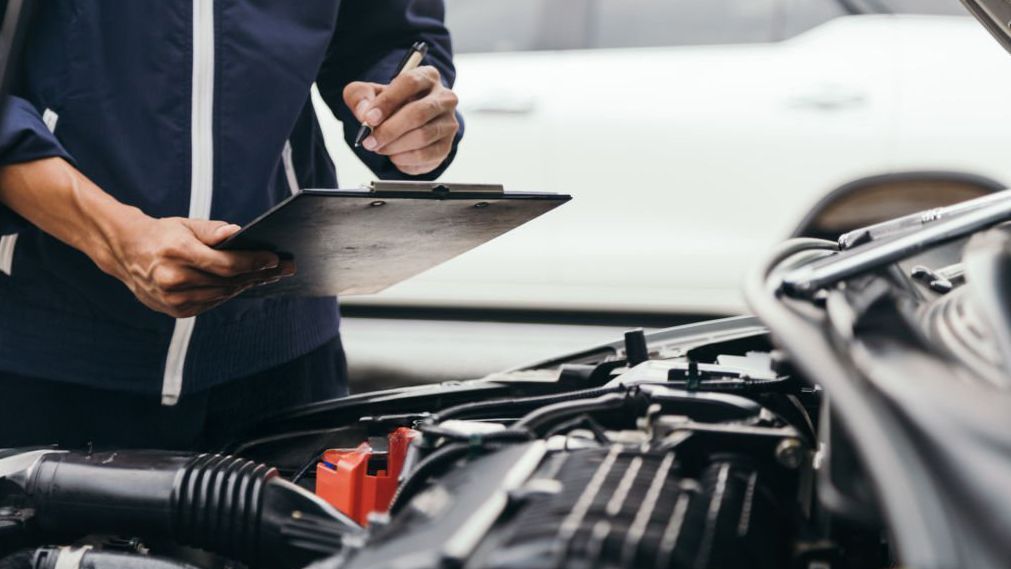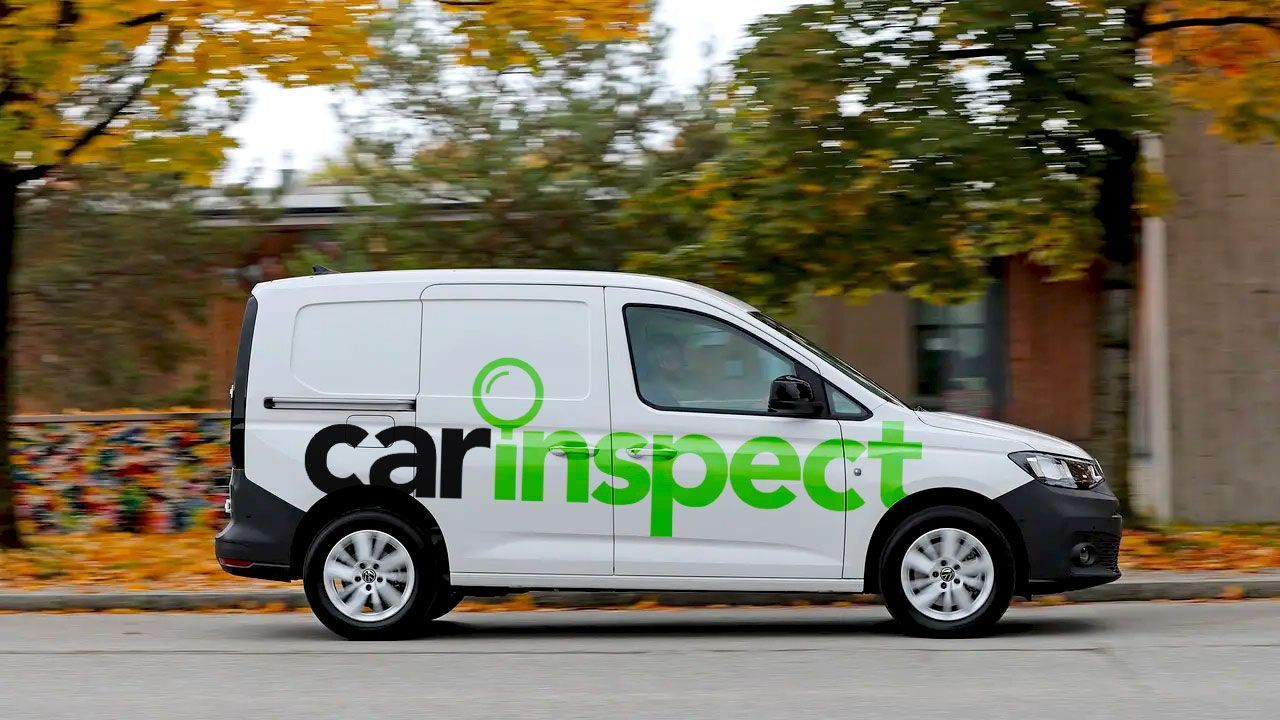The Truth on Pre-Purchase Car Inspections in Australia
January 18, 2025

So, You’re About to Buy a Used Car…
You’ve found the one. The paint is shining, the seller swears it’s been ‘babied since new,’ and the odometer reads a respectable number. Everything looks perfect. But before you hand over your hard-earned cash, someone chimes in: “Mate, did you get a pre-purchase inspection?”
Cue the internal debate..
Do you really need one, or is it just another way to spend money on something you already know is a great buy? Well, let’s break it down. Because while some inspections are lifesavers, others might just confirm what you already knew.
What is a Pre-Purchase Car Inspection? (And Why Should You Care?)
A pre-purchase inspection is like a detective report on your future car. A qualified mechanic or vehicle inspector goes over everything—engine, transmission, brakes, suspension, body condition, and even sneaky flood or accident damage. It’s meant to help you avoid a lemon before you’re stuck with it.
For buyers in Australia, where dodgy private sales and ‘just needs a re-gas’ Facebook ads are way too common, this check can save you thousands. However, it's important to know the Difference Between a Pre-Purchase Car Inspection and a Roadworthy Certificate.
When Do You Absolutely Need One?
✅ Buying from a private seller – No warranty, no consumer protections. You’re on your own. Even if it already has a roadworthy certificate.
✅
High-mileage vehicles – That ‘runs like new’ claim might not hold up under a mechanic’s light.
✅
Performance or modified cars – Because ‘never raced or thrashed’ usually means
definitely raced and thrashed.
✅
If the deal seems too good to be true – You already know the answer to this one.
✅ If you’re not mechanically savvy – If ‘checking the oil’ is your idea of an inspection, let a professional handle it.
On the flip side, if you’re buying from a licensed dealer, you’ll often have a warranty or guarantee, meaning an inspection might not be as crucial.
What Do Pre-Purchase Inpections Actually Check?
A standard pre purchase inspection usually covers:
✅ Engine & Transmission: Leaks, misfires, timing belt issues, and signs of major repairs.
✅ Brakes & Suspension: Because ‘handles like a dream’ isn’t the same as passing a safety check.
✅ Body Condition: Rust, previous accident repairs, dodgy paint jobs.
✅ Tyres & Wheels: Uneven wear can mean expensive suspension fixes.
✅
Electronics & Interior: From air-con to dashboard warning lights (which the seller ‘swears’ have always been on).
Some companies like Car Inspect offer mobile inspections, where they come to you (or the seller), so you don’t have to waste time driving across town.

How Much Does a Pre Purchase Inspection Cost in Australia?
💰 Basic inspections start at around $150-$200.
💰 More detailed inspections with diagnostics can go up to
$300-$500.
💰 Specialist inspections (luxury cars, performance vehicles) can hit
$600+.
That might sound like a lot, but it’s peanuts compared to an unexpected $5,000 engine replacement.
When Can You Skip It?
While inspections are valuable, they’re not always necessary. Here’s when you might get away without one:
❌
Buying a near-new car under warranty – A manufacturer-backed car with low kms doesn’t usually need a deep dive.
❌
Buying from a reputable dealer with a warranty – They legally have to disclose major faults.
❌
If you know the seller well and trust their maintenance history – Rare, but it happens.
Just don’t assume everything is fine. Even newish cars can have hidden issues (looking at you, early DSG gearboxes).
Red Flags to Watch For
- The seller refuses to allow an inspection (major 🚩).
- Unrealistically low price—it’s too good to be true for a reason.
- The condition of the steering wheel not matching a low odometer.
Final Verdict: Are Pre-Puchase Car Inspections Worth It?
If you’re buying privately, spending a couple of hundred bucks now can save you from thousands in repairs later.
At the end of the day, a pre-purchase inspection is like an insurance policy—you hope it’s a waste of money, but you’ll be grateful if it saves you from a lemon. And hey, worst-case scenario? It confirms you’ve actually found a solid car. Peace of mind never hurts.
So, if you’re tossing up whether to get an inspection, ask yourself this: Would you rather pay a mechanic $200 now or a tow truck driver $500 later?
Frequently Asked Questions
What Should I Do If the Inspection Reveals Problems?
If issues are discovered, you can use the inspection report to negotiate with the seller, request repairs, or adjust the purchase price.
In some cases, significant issues might lead you to reconsider the purchase altogether. Always consult with your inspector to understand the severity of the findings.
When Should I Schedule a Pre-Purchase Inspection?
You should schedule the inspection after you’ve decided on an item but before finalising the purchase. Typically before signing a contract or transferring funds.
How Long Does a Pre-Purchase Inspection Take?
The duration depends on the complexity of the inspection. Vehicle inspections usually take 1-2 hours.
What Happens If I Skip a Pre-Purchase Inspection?
Skipping an inspection increases the risk of buying something with hidden defects or problems.
This could lead to unexpected repair costs, safety concerns, or buyer’s remorse. An inspection provides peace of mind and can save you money in the long run.







